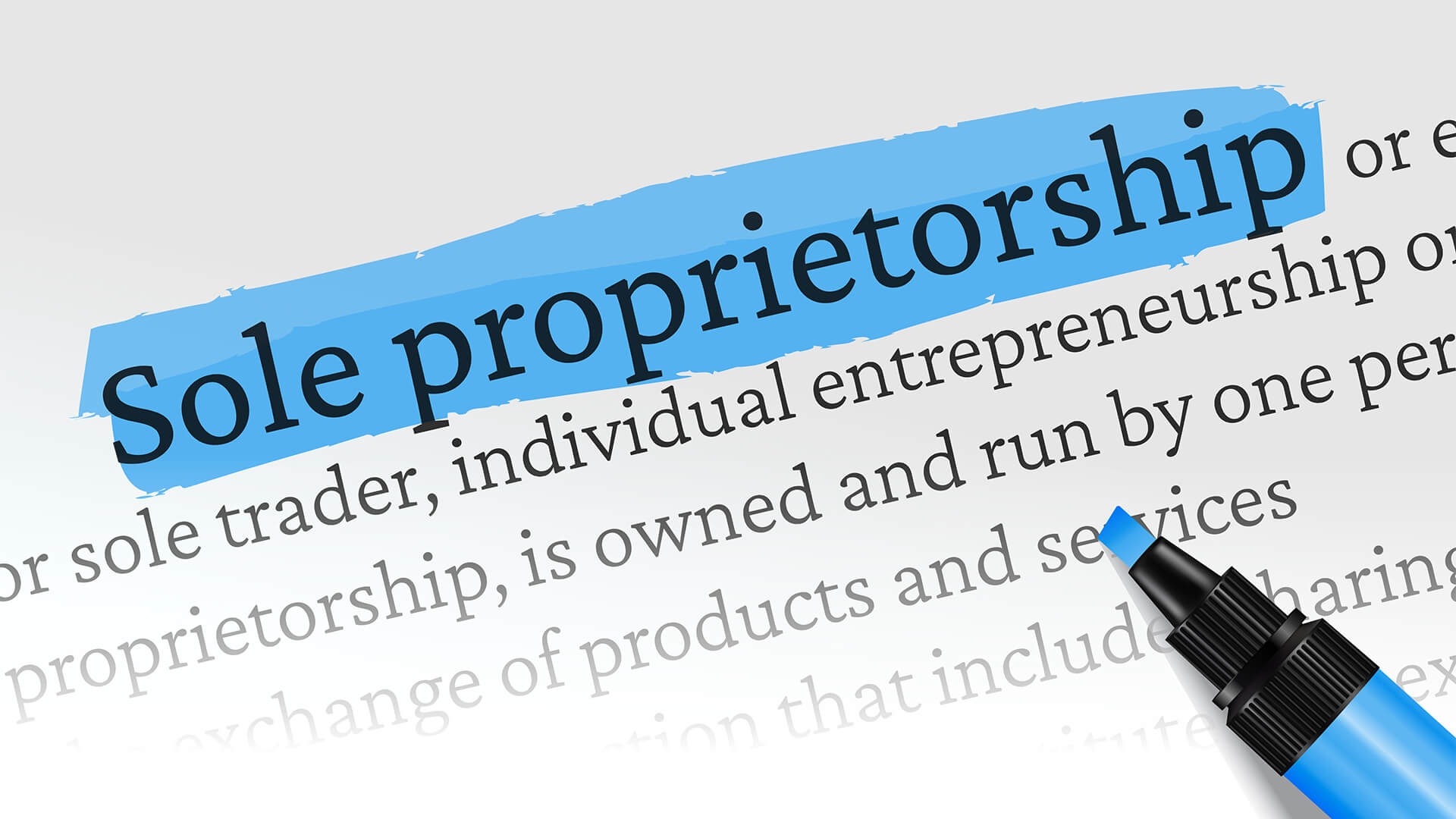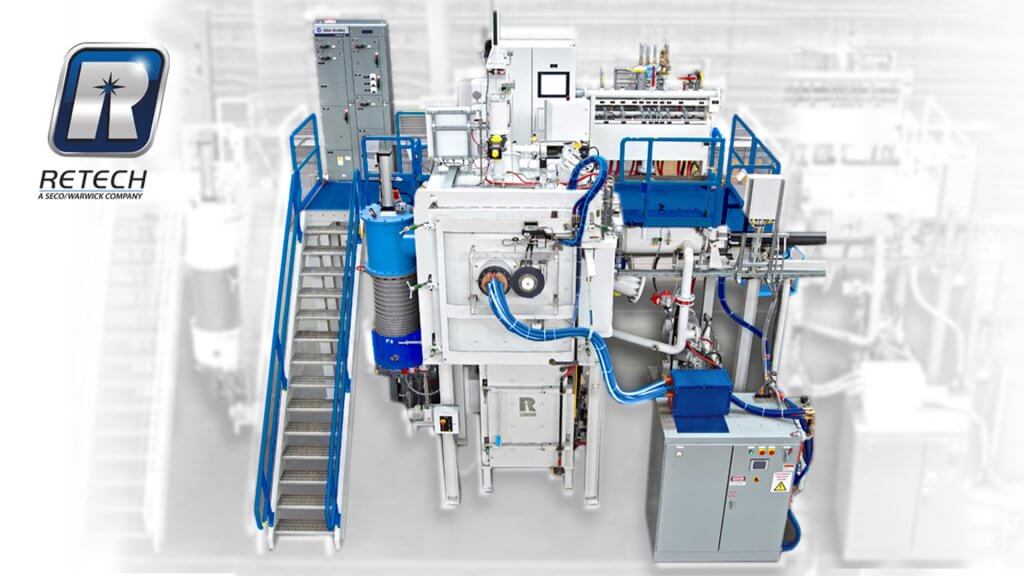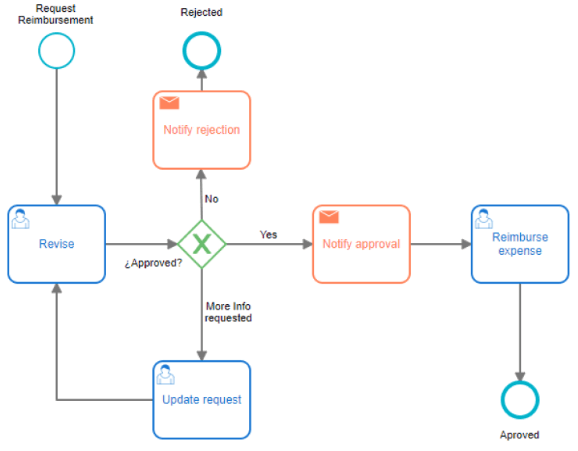
One of the biggest decisions a self-employed freelancer turned business owner has to make is deciding what type of business entity works best for them. If you’re the only owner of your company, your options often narrow down to two: an S-Corp or sole proprietorship.
In this article, we’ll look at the differences between both business types, what their advantages are, and how you’ll be taxed. When you decide to become a business entity, we recommend using technology like a paystub generator to increase your profitability and productivity.
The Difference Between a Sole Proprietorship and an S-Corp
A sole proprietorship is a common business entity and the easiest type to start and operate because you don’t need to register your business with your home state.
Technically, if you haven’t registered your business with your state after forming an LLC, you’re considered a sole proprietorship. Independent contractors, freelancers, and sole proprietors are technically the same thing and have the same tax burdens as someone who is self-employed.
An S-Corp (Small Business Corporation) is a type of corporation formed through filling a certificate of formation with the Secretary of State where the company is headquartered.
Unlike with a sole proprietorship, an S-Corp is a business entity that passes taxation to the shareholders and pays them with distributions. Therefore, the corporation remains distinct from its shareholders, and the owners are held legally liable for business debts.
The Advantages of an S-Corp
There are several advantages of declaring your business as an S-Corp, including:
- Protected Assets: With S-Corps, the CEOs’ personal assets are protected from their shareholders. If the CEO has debt or goes bankrupt, the shareholder must pay it.
- Pass-Through Taxation: S-Corps don’t pay federal taxes at the corporate level and have “pass-through” taxation. Therefore their shareholders take on this burden.
- Straightforward Transfer of Ownership: S-Corps can be transferred freely without triggering adverse tax consequences, unlike with a partnership or LLC.
- More Credibility: S-Corporations are considered more credible to employees, customers, and vendors because it shows you take your business seriously.
- Cash Accounting Method: S-Corps must use the accrual method of accounting if they have inventory unless they’re a small company (less than $5 million a year).
Advantages of a Sole Proprietorship
There are also advantages of staying as a sole proprietorship, including:
- Affordable and Simple: Running a sole proprietorship is simple and inexpensive.
- Freedom and Flexibility: Independent businesses aren’t restricted to complicated business regulations and have decision-making freedom.
- Less Paperwork: Sole proprietors only have to file their taxes once a year.
- Simple Income Tax: Freelancers are privy to more tax deductions than S-Corps.
- Low Business Fees: With a sole proprietorship, owners pay fewer fees when they want to register their business structure. S-Corps cost significantly more.
- Straightforward Banking: CEOs can choose to keep their personal or business expenses together because they don’t have to pay two separate tax returns.
- Easy Ownership: Sole proprietorships have the easiest business structure out of any other company type because the owner is responsible for everything.
How the Owners Get Taxed
S-Corps have a pass-through tax structure that transfers the taxes they pay on their business income on to their shareholders. Owners are eligible for the 20% pass-through entity tax deduction, but they aren’t able to cash in on other deductions; shareholders receive them.
S-Corporations receive tax benefits through savings on self-employment taxes. S-Corp owners must pass a portion of their profits to their shareholders as a distribution, not an income, which makes them exempt from Medicare and Social Security taxes.
An owner of a sole proprietor still pays self-employment taxes, is considered a business owner instead of an employee, and reports their income on an IRS Form 1040. Sole proprietors may be eligible for the 20% pass-through income tax reduction rate depending on their circumstances.
Although owners are considered business owners, they don’t pay payroll taxes on their income and won’t be charged for state or federal unemployment taxes or worker’s compensation.
Self-employment taxes consist of a 2.9% Medicare tax with no annual income ceiling and a 12.9% Social Security tax, which does have a ceiling once you earn enough.
How the Owners Get Paid
Owners of S-Corps pay themselves a salary and can take some of their compensation in the form of distributions. However, since distributions aren’t subject to payroll taxes, they can’t take the bulk of their income through this method. Otherwise, the IRS will audit them.
Sole proprietorship owners pay themselves a salary in the same way they did as independent contractors. Since money can’t be held up in the business and they pay self-employment taxes, they can use as much or as little money as they wish for personal use.




















